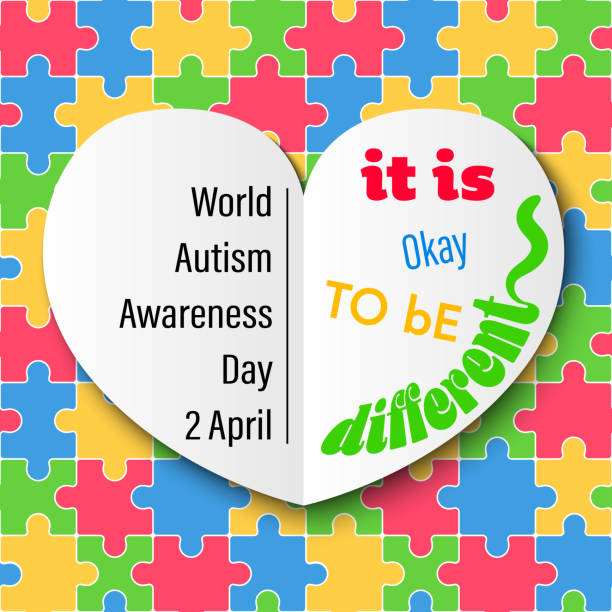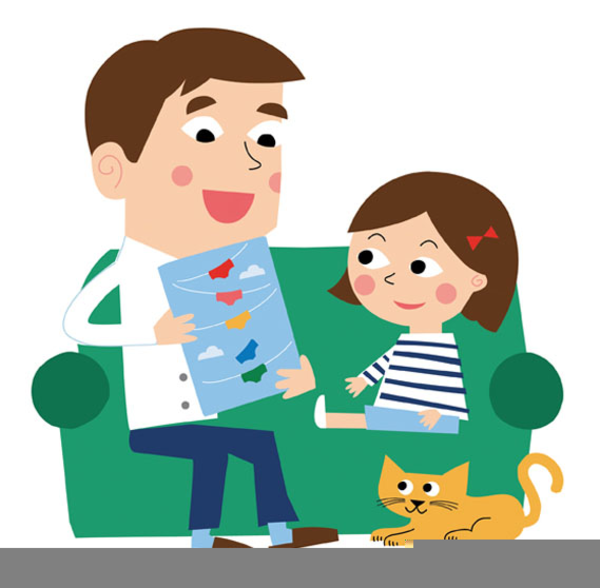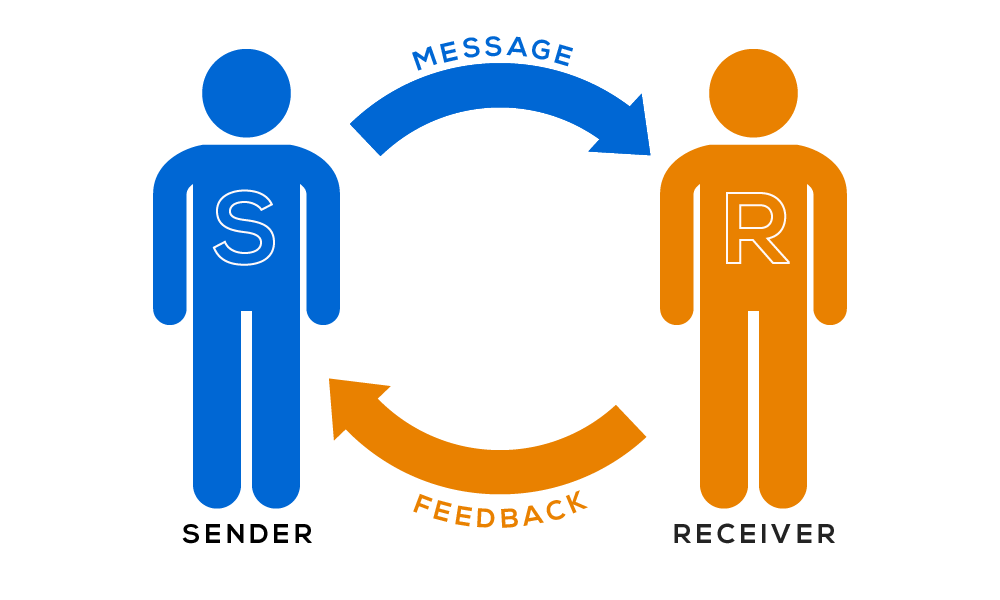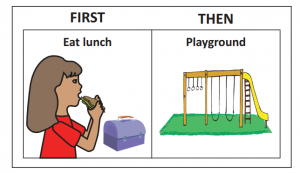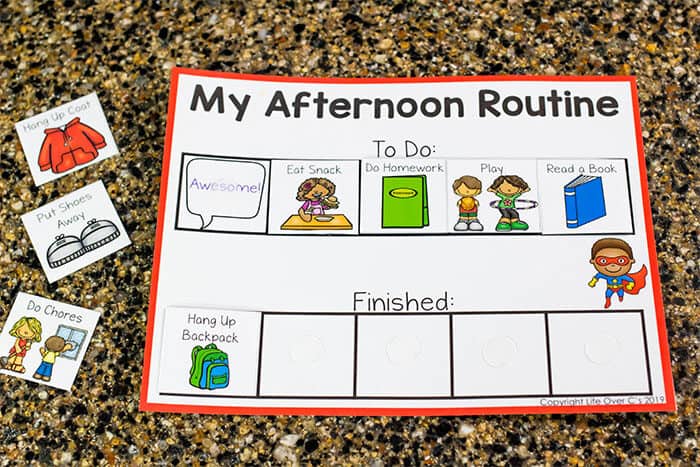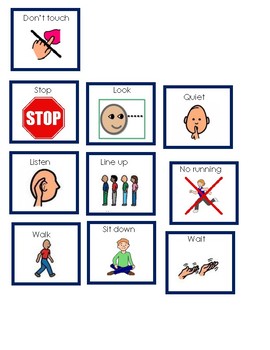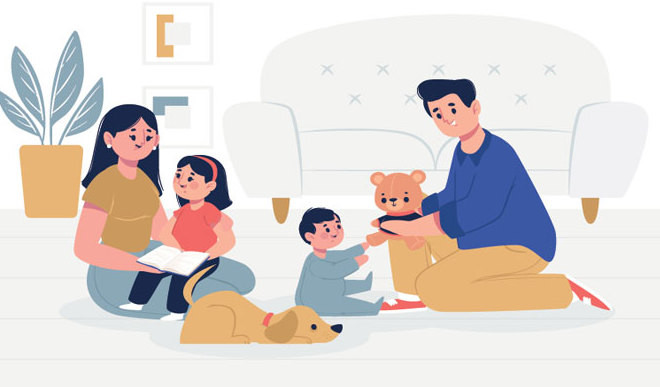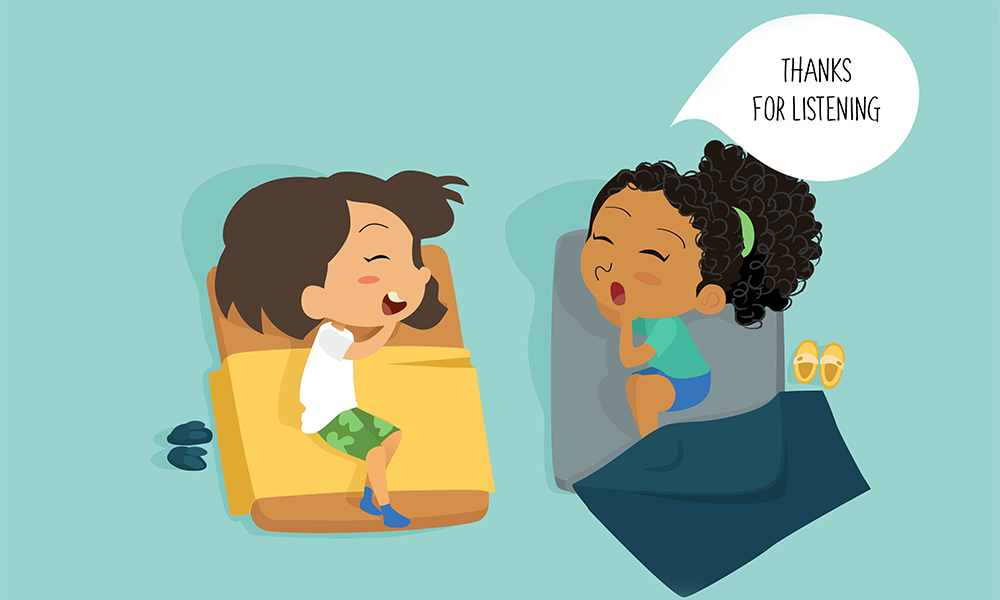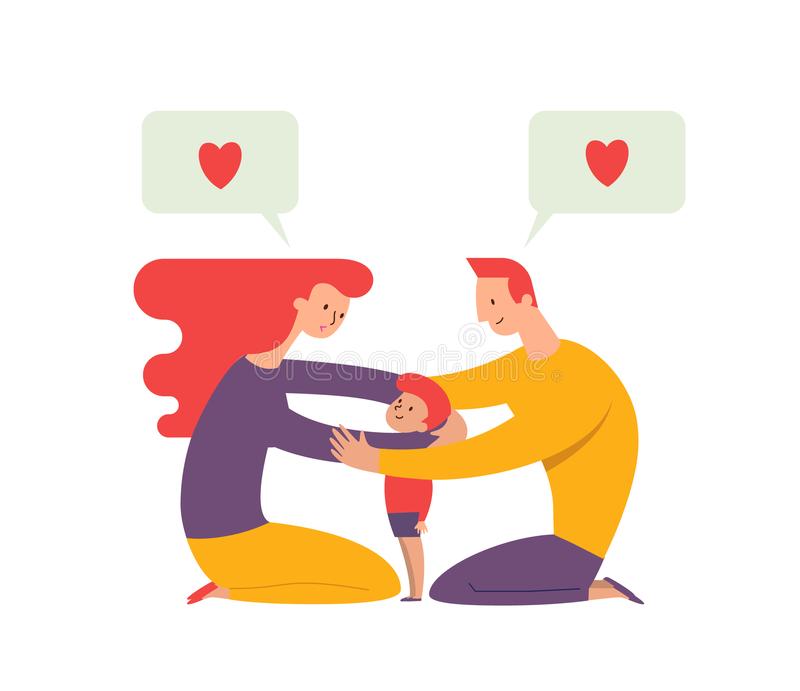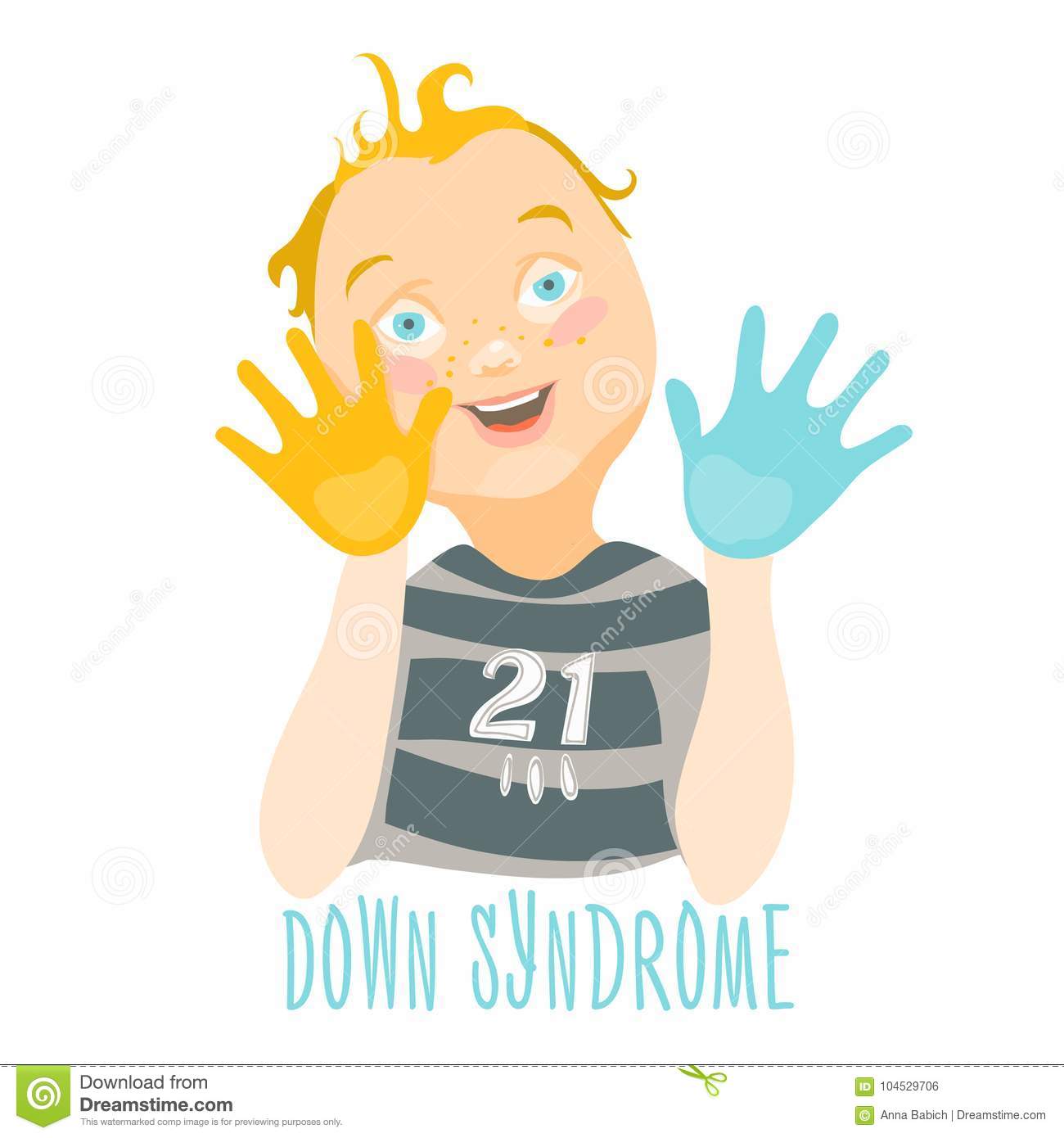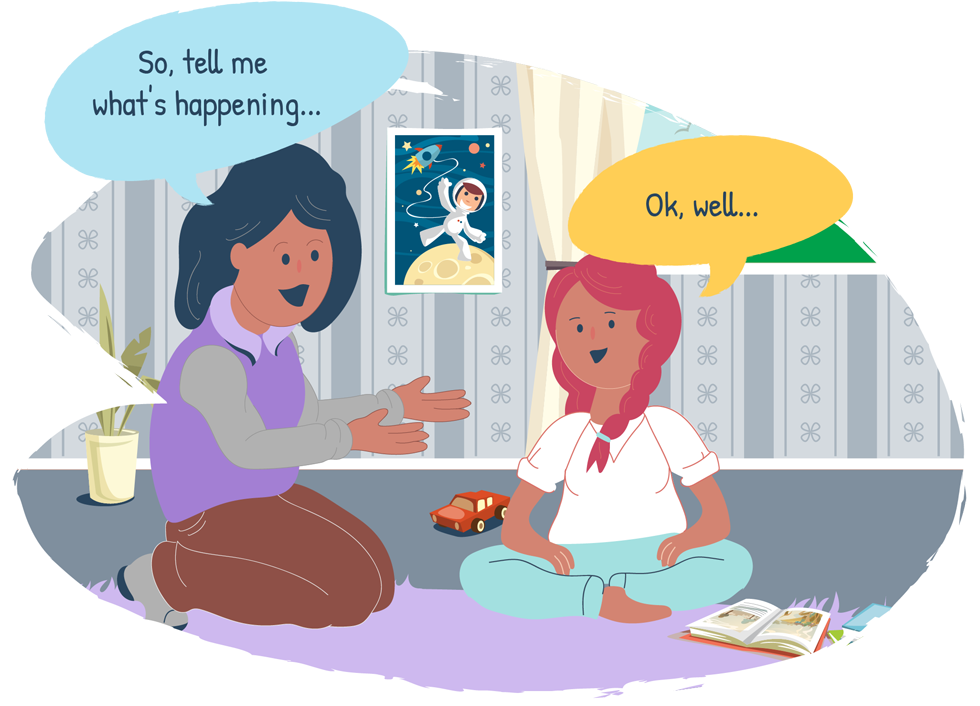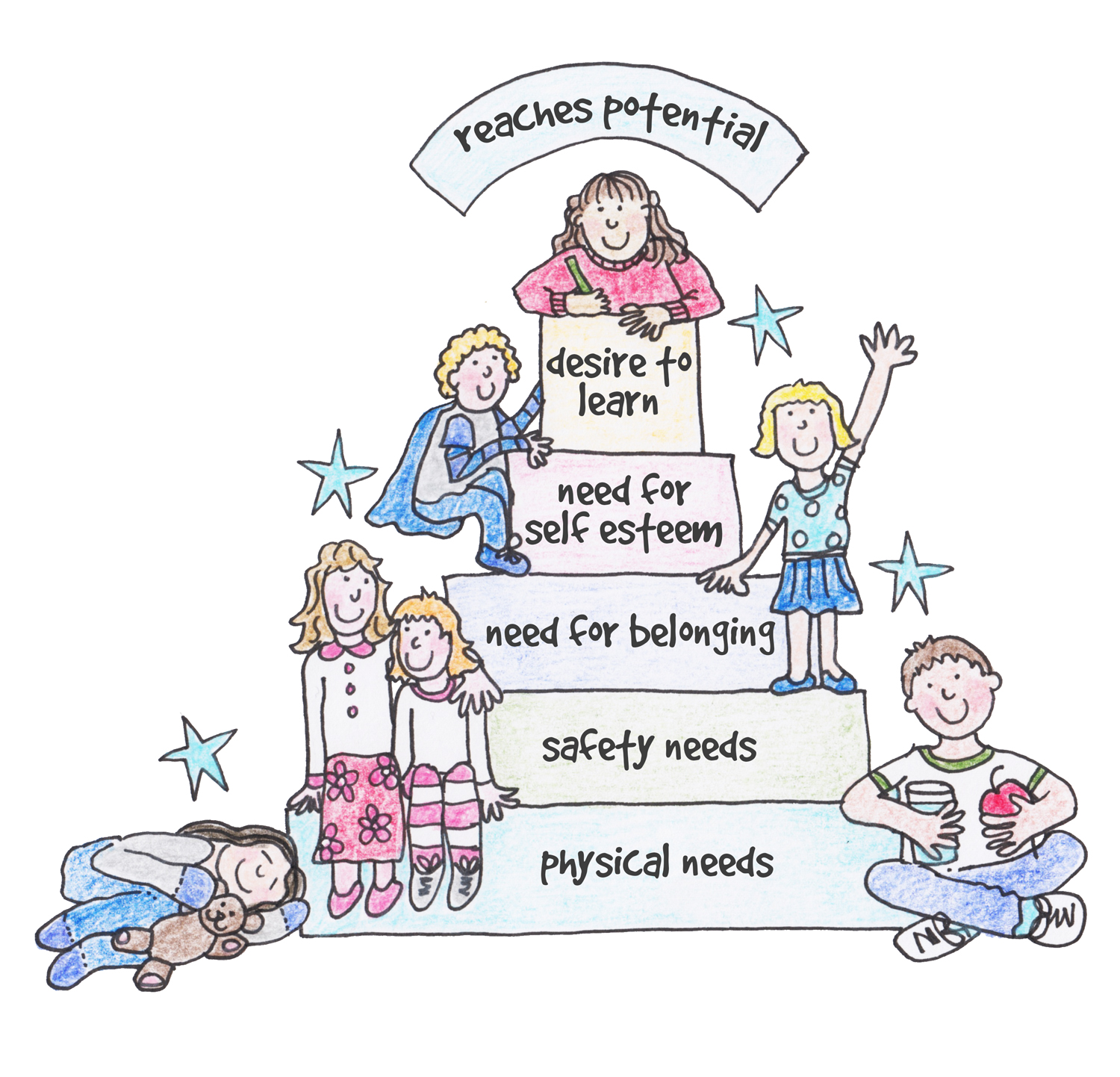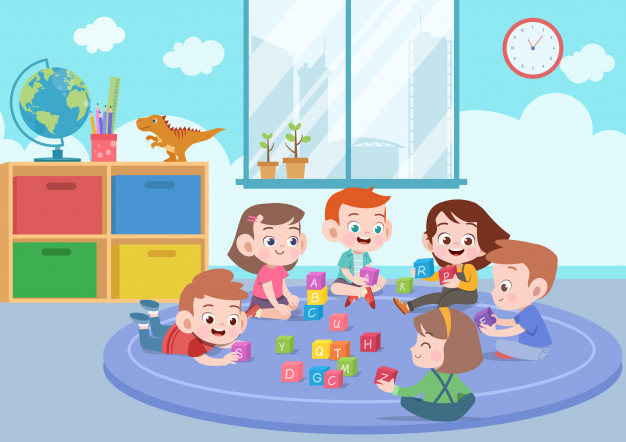As adults, it is extremely difficult to change our ways and develop a good habit. You would all agree when I say that it is easier to pick up good habits as a child.
Take a look at these 12 healthy habits that you could teach your little one and make part of their daily routines. With a little guidance and effort from you, they can do it in a simpler and quicker fashion.
1. Follow Bedtime Routines:
A minimum of 8 hours is absolutely essential for all children. Encourage them to sleep early.
They must be in bed latest by 10 pm and should have an early start to the day. They should be up and running by 7 am.
This is an important part of the routine and will help a lot of other factors fall into place. Ensure that they drink enough water after dinner and use the bathroom before calling it a day. This will help them sleep tight till the morning.
2. Step Outdoors:
Play is just as important as work. And as a child, one must spend at least 1 to 1.5 hours daily on physical activities. This does not mean indoor games. It means getting a lot of Sun, making new friends and a lot of physical activity outdoors.
As parents and instructors, it is our responsibility to ensure that children do not spend more than 1 hour watching TV, playing on the iPad or Xbox. This makes them lethargic and damages their eyesight too.
3. Obey Safety Rules:
There is no such thing as old-fashioned when it comes to obeying safety rules. Explain to your child that rules are important for keeping people safe and happy.
When everyone follows rules, people often don’t get hurt and people treat each other with kindness and respect on the road, in the school or even at home.
They must learn to carefully walk the streets, cross only at the zebra crossing, get off a car only onto the pavement, not disturb the driver at any point, not meddle with hazardous things like gas stoves, firecrackers, heating rods, to name a few. This is a safety habit that children must follow.
4. Be Aware Of Stranger Danger:
Children at the young age of 3 and 4 work purely on impulse. They are not old enough to differentiate between good and bad. They are ready to make friends and trust easily.
It might be tough to teach them the concept of a stranger, but it is important to start the discussion. When you go out, ask them to stay close. Also, kids this age must be taught what is a good touch and bad touch and how to say no if they are uncomfortable.
Kids might find the concept of a stranger very confusing, so besides Grandpa, Uncle and Aunty, give a few examples of adults a child can go to for help – another trusted parent, teacher, or school administrator.
Point out authority figures, like security guards and apartment caretakers, so your child can identify strangers who might be able to help.
5. Eat Right, Eat Healthy:
A good, healthy diet is a habit. Especially in children, it does not happen overnight.
They need to be encouraged to eat more fresh foods like fruits and must avoid fatty and sugary snacks.
A low-fat dairy product also must be a part of their meals. This could be a tall glass of milk or a bowl of curd. Avoid giving your child sugary treats when they achieve something.
6. Drink Plenty Of Water:
As children play throughout the day, we must remember that water helps them to control the body temperature.
Without the right amount of water, a child could easily get dehydrated and regular bodily functions may get hit. Hydration in children is particularly important as their water requirement in relation to their body weight is much higher than that of an adult.
7. Stay Hygienic:
As young kids, they tend to play for long hours. As a result, their clothes collect dead skin cells, sweat and possibly other stains.
Overnight bacteria start to work on these stains, not only leaving the clothes smelly but also could spread some disease or infection to the child.
One must ensure that a young child has a bath at least once a day in lukewarm water and wears freshly washed clothes. The child must change clothes post-school, post-play and before bed.
Remember you have sweat glands in your head too. So children have to have a clean scalp. Their hair must be washed with a child-friendly shampoo at least twice a week.
8. The Most Important Meal Of The Day:
Almost all child nutritionists harp on this issue – Breakfast. It is the most important meal of the day and gives us maximum energy. As a parent, you must ensure that your kids are early risers and have enough time to enjoy a healthy, tasty breakfast before school.
Children often skip breakfast or play with their meal and rush to school. They feel weak all day and find it tough to cope with the tough and physically/mentally intensive activities.
9. General Awareness:
In this growing day and age it is not enough to just learn the alphabets and numbers. There is a lot happening in the world too and a child can start learning about these happenings. One can pull out simple child-friendly news articles and read it out to them or help them read.
Not only does this broaden their horizons but also enhances their language skills. Also, encourage them to start reading books and watch them fall in love with reading.
10. Household Chores:
They are never too young to help around the house. You can get them to do very small chores like keeping their room clean, arranging the magazine shelf, packing their toys, laying the dining table etc.
This makes them feel older and much more important. Also, it teaches them to be more independent. They will also be respectful toward those who help and clean at home, in a school or at a restaurant.

https://flintobox.com/blog/child-development/good-habits-kids
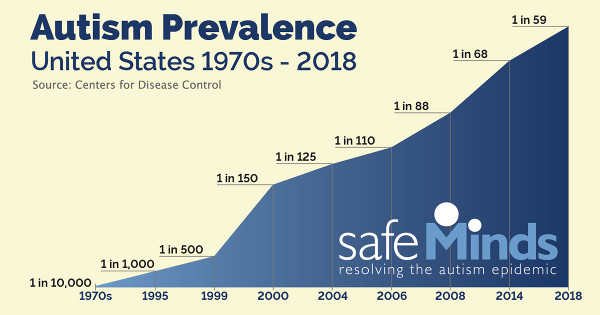

 ភាសារខ្មែរ
ភាសារខ្មែរ
 English
English
